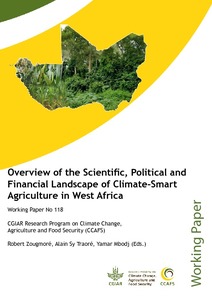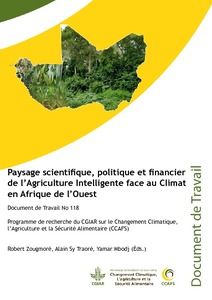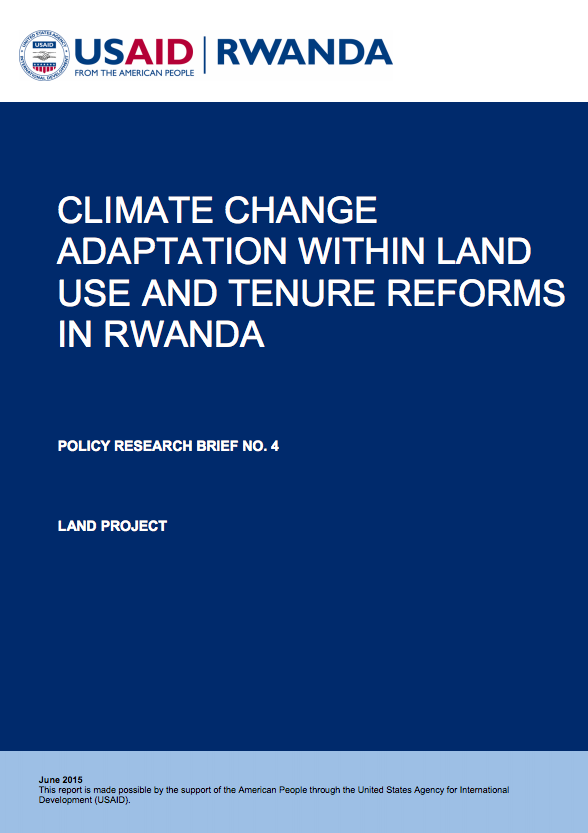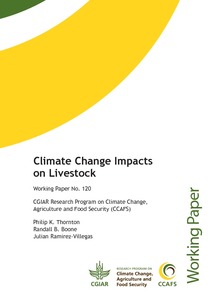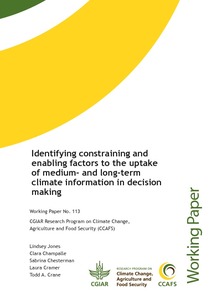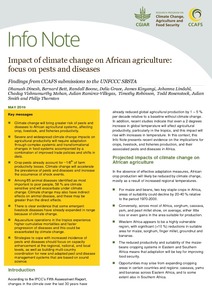Maximizing the World Bank Group’s Impact in the Middle East and North Africa
This report provides an overview of the
World Bank Group’s engagement in the Middle East and North
Africa (MENA) region, highlighting the new operating model
of the World Bank Group. In particular, the report provides
insight on the key challenges and strategic engagement of
each sector (Global Practice) in MENA and details some of
the key cross-cutting challenges that countries face. This
report serves as a basis to convene international thought


